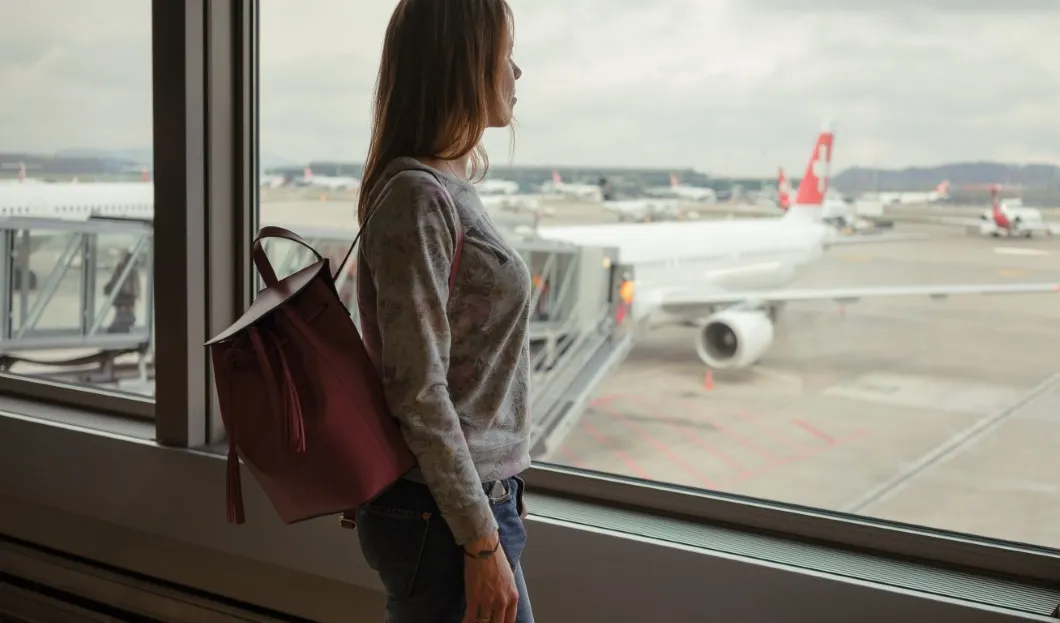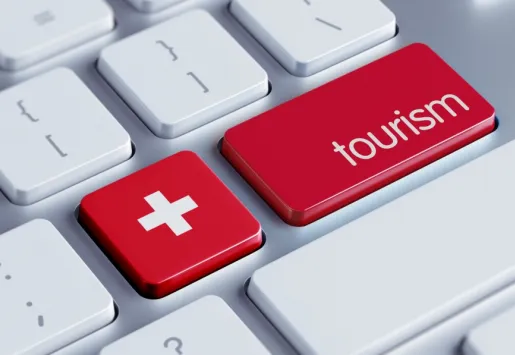
The desire to travel for the Swiss is not fading: 88% of them go on holiday at least once a year or undertake a personal trip of at least three days a year.
Nearly half of the Swiss go on holiday three or more times a year, for a duration of at least three days, according to a study presented recently by the Allianz Partners Switzerland in collaboration with the market research institute Link to 1000 people. Long trips are more appreciated than short ones, explained the head of Allianz Partners Schweiz, Olaf Nink.
Only 11% of interviewees do not travel
Travelers associate sustainable development with transportation. A good quarter of the interviewed confirms that they travel by train or never or rarely use a plane. This is wishful thinking, suggested Mr. Nink, in view of the very good figures for airport passenger traffic.
Despite the media enthusiasm surrounding the ecologist activist Greta Thunberg, climate change is only a minor issue: in two-thirds of travel agencies, it is mentioned in less than 5% of bookings.
The climate issue
But nearly 40% of travel agencies estimate that the theme of climate change will grow in the future, said Christian Laesser, Associate Professor of Tourism at the University of St. Gallen, referring to another study conducted by the Swiss Travel Federation (FSV) and the University of St. Gallen at 331 agencies in Switzerland.
It is instead the problem of overtourism which worries travelers. A small third of travel agencies offer, on their own initiative, alternatives to over-crowded destinations. The German-speaking Swiss are more active in this respect than the French-speaking ones, according to M. Laesser.
Revenue growth for travel agencies
Swiss travel agencies experienced a new year of growth last year. But for 2019, business seems more uncertain.
The average turnover per agency increased in 2018 by 3.4% to 2.98 million francs, indicated the Swiss Travel Federation (FSV). The turnover per employee has increased from an average of 0.91 million to 0.96 million. This is the second consecutive increase.
But other indicators provide fewer reasons to smile. The average net return has fallen to 1.0%, according to a study conducted by the FSV and the University of St. Gallen. This is explained by the continued erosion of consultant fees, effective for three years.
Last year’s business can be evaluated as satisfactory. On the other hand, short-term prospects have been somewhat overshadowed. Specialists assume that the files will be smaller and smaller, just like the turnover and the margins. The pace of business is rather slow this year. And no-one knows how it’s going to develop this autumn.













